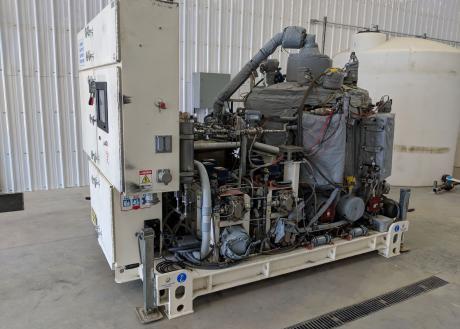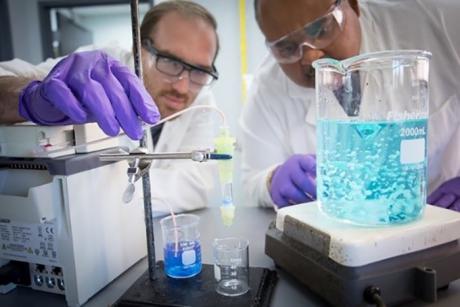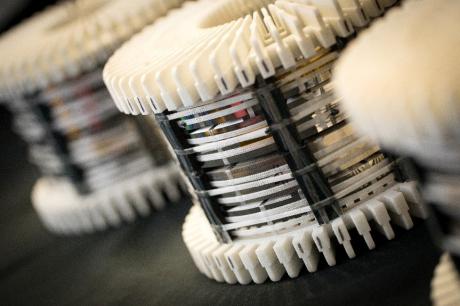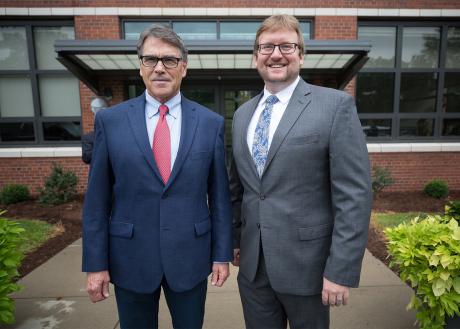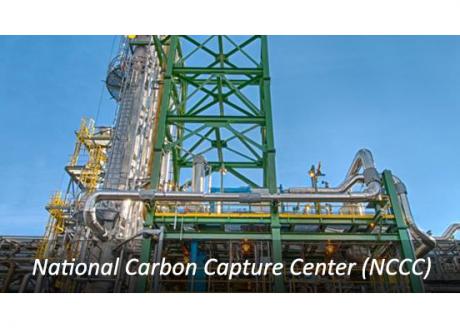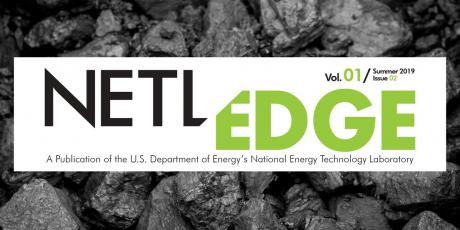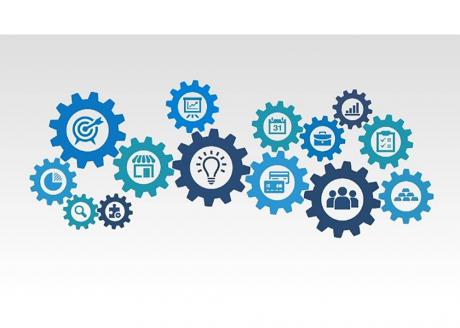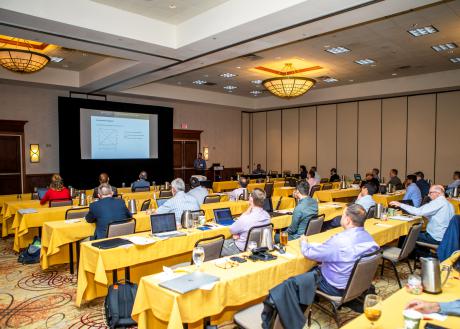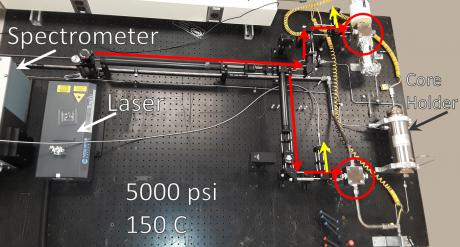During a visit to western North Dakota this week, Assistant Secretary for Fossil Energy Steven Winberg got a firsthand look at technology originally developed for the U.S. Army but now to be assessed by NETL in producing fresh water from brine used in energy operations. The equipment is being tested at the University of North Dakota (UND) Energy & Environmental Research Center’s Brine Extraction and Storage Test site, which is among several research sites Winberg is touring.
NETL research has resulted in a technology that offers a practical, affordable and green approach to removing the threat of lead and other heavy metals from streams that ultimately contaminate the drinking water of American homes – a threat that jeopardizes the health of millions of children – and can also help recover valuable rare earth elements (REEs) from water supplies.
Throughout the school year, NETL’s K-12 STEM Education & Outreach team encourages positive attitudes surrounding science, technology, engineering and math (STEM) by bringing engaging hands-on, minds-on activities to children. During the summer when classrooms are empty, the team continues to provide STEM instruction at day camps, summer programs and other educational events located near the Lab’s research sites in Pittsburgh; Morgantown, West Virginia; and Albany, Oregon.
Magnetic components are essential to America’s electricity delivery system, ultimately powering homes, businesses and more to drive the nation’s economy and enhance quality of life.
Converging societal trends — including the evolution of the nation’s energy infrastructure, demand for more efficient electrical machinery and increasing electrification of transportation — have renewed interest in advanced power magnetics research aimed at developing more efficient, reliable and power-dense solutions.
U.S. Department of Energy Secretary Rick Perry was at NETL in Pittsburgh Tuesday to learn about the Laboratory’s work to significantly increase oil and gas recovery effectiveness while reducing environmental impacts using artificial intelligence (AI) and machine learning (ML) techniques.
NETL Director Brian Anderson, Ph.D., hosted the Secretary’s visit. Anderson said Secretary Perry visited to learn about how NETL is investigating emergent AI and ML techniques for upstream, midstream, and downstream conversion techniques that can revolutionize fossil energy opportunities.
As NETL prepares for its inaugural Carbon Capture, Utilization and Storage, and Oil and Gas Technologies Integrated Project Review Meeting, “Addressing the Nation’s Energy Needs Through Technology Innovation,” the Lab is releasing three additional infographics to highlight the success of NETL-managed carbon capture research and development (R&D) projects that are reducing costs to ensure the availability of clean, reliable and affordable energy from America’s abundant domestic resources.
NETL presents the latest edition of our publication that showcases the Lab’s research on emerging energy technologies. NETL Edge shares the latest developments our talented scientists and engineers are advancing to use our nation’s energy resources efficiently and safely to bolster American’s energy independence. Check out the summer edition to learn more about our research to convert coal into valuable products, advance mixed matrix membranes for carbon capture, improve enhanced oil recovery processes and more.
Three innovative NETL energy technologies have been awarded patents:
Industry, academia and government leaders from around the world are attending the NETL 2019 Workshop on Multiphase Flow Science (MFS) Tuesday through Thursday in Morgantown, West Virginia.
Laser-induced breakdown spectroscopy, or LIBS, is a rapidly advancing analytical technique that provides a cost-effective, quick and precise method for determining the elemental composition of any solid, liquid or gas sample.





